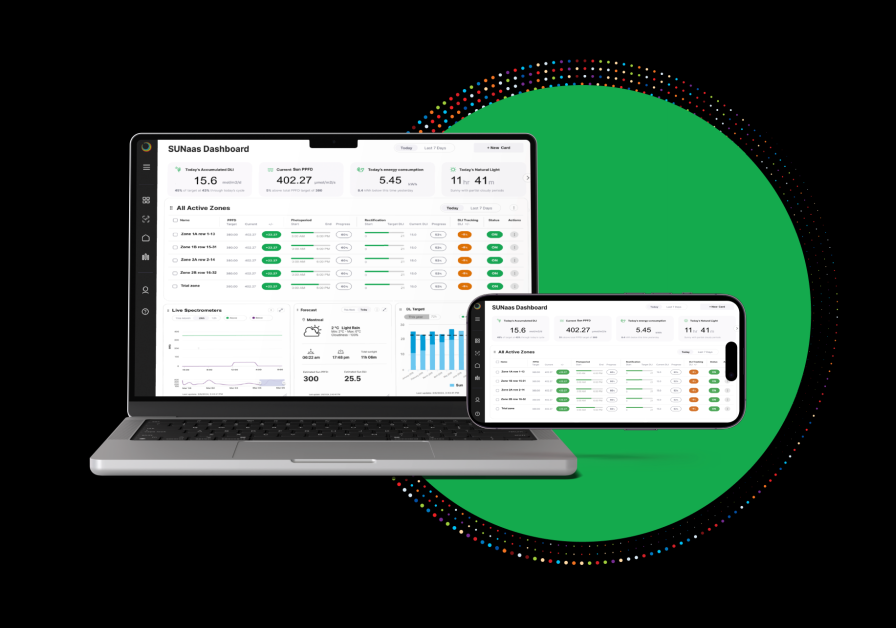Ready, Set, Recycle

Reduce, reuse, recycle: It has been the environmental mantra of the past couple of decades, and now it’s coming to growers via East Jordan Plastics’ new recycling effort. The container manufacturer is working to establish an infrastructure for reclaiming horticultural scrap for growers to reuse and East Jordan Plastics to recycle. Preliminary results from a trial program this past spring are positive, and the potential is huge, according to Cal Diller from East Jordan Plastics.
“We can feel this thing growing, and it isn’t growing a little bit. I think it’s going to explode,” Diller says. “The trial we had this past spring with three growers and a large retailer in the Midwest went very well and we believe we’re only seeing the tip of the iceberg. The driving factor right now to turning this into a major program is creating the right infrastructure to get these containers back to a recycler, whether it be us or someone else.”
Currently East Jordan Plastics is working with a few large growers with the ability to source and collect horticultural scrap, Diller says.
“The growers we’re working with are amazed at the tremendous variety of containers out there,” Diller says. “A lot of these containers haven’t had a whole lot of use, particularly if you have a quick-turn crop; it’s gone to the garden center, it’s still in good shape, you get it back, you stack nest it and you’ve got another turn out of a container that might have cost you 30, 40 or 50 cents. Those things add up quickly when you’re looking at hundreds and thousands of containers coming back.”
The program is shaping up to be a potentially great opportunity for growers who are excited about it, both from the standpoint of having first choice of the containers coming back to them and the potential to make money by collecting and sorting containers for local recyclers or East Jordan Plastics.
“It’s a real economic incentive for growers to be the first ones to get their hands on reusing containers and an economic incentive to collect,” Diller says. “If a grower does a good job collecting and sorting properly, he adds value to it and is going to get paid for it.”
Get The Word Out
Diller says one of the most important elements in setting up East Jordan Plastics’ recycling program is going to be generating awareness on all levels of the supply chain, from the grower to the big box store to the consumer, that horticultural scrap is “highly recyclable.”
The company is exploring the possibility of working with big box stores to collect containers on site, where the growers who serve them can pick them up, limiting the number of collection sites, Diller says. This would also allow consumers an easy and common place to bring their used horticulture containers and help promote the ability to recycle them.
“Let’s say, for example, that a grower is servicing 50 retail stores. If it’s economically feasible, I think the grower already has a good infrastructure in place to get those containers back to his location,” Diller says. “Growers, for the most part, are delivering on carts that come back to their facility empty. So with some basic guidelines, you create a situation where you encourage the homeowner or gardener to go back to XYZ box store with their nested stack of pots or trays and those go back to the grower.”
“We’re In Business”
East Jordan Plastics anticipates doing a larger volume of recycling this year, with significant capacity already in place at its facilities and another facility dedicated to the recycling process, Diller says. “We are prepared to be taking materials as we speak,” he says. However, the first avenue of building the program will be with existing customers of East Jordan Plastics.
“We’re trying to partner with a number of key people to create what you might call a closed-loop recycling program, so we’re supplying them the containers and those containers that come back that have ended their useful life, we’ll take them back and recycle them into new containers,” he says. “That should give us the best shot to get materials back that we’re specifically interested in.”
The company primarily collects containers with recycling codes (RC):RC-66, polystyrene, and RC-5, polypropylene, and in some cases RC-2, HDPE.
According to Diller, more details on the program will be available to report soon. Meanwhile, any growers who are interested in participating in East Jordan Plastics’ Recycling Program should e-mail Nathan Diller.










